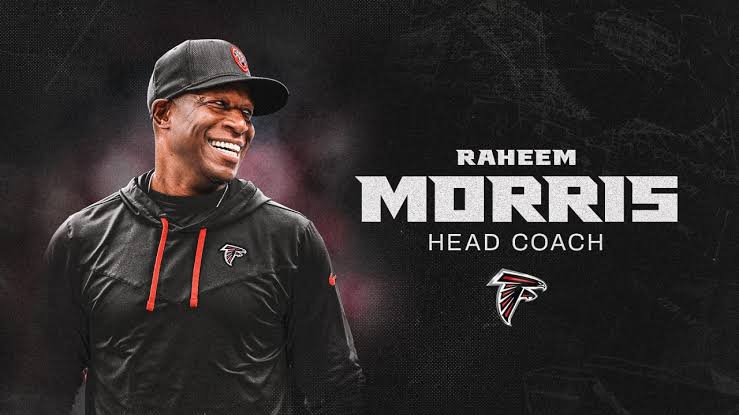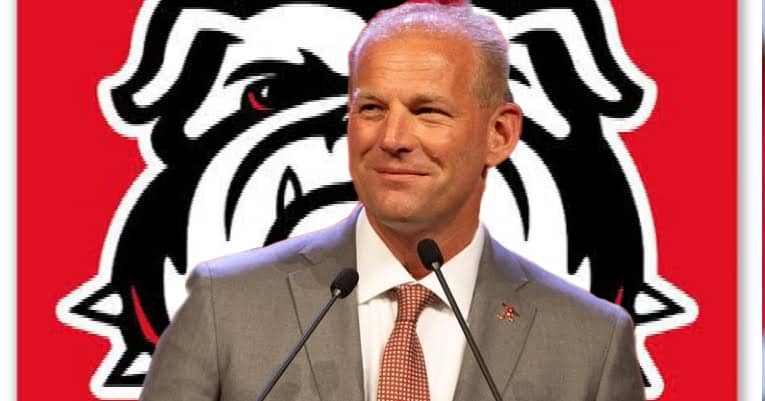Trade Deadline Drama: Raheem Morris and the $65.81 Million Offer
As the trade deadline approached, Raheem Morris found himself at the center of one of the most talked-about stories in the league. The offer on the table was substantial: $65.81 million. This amount wasn’t just a number; it represented a pivotal moment in Morris’s career and the future of the team involved.
The Offer
The $65.81 million offer came from a team desperate to bolster its roster with a high-impact coach. Morris, known for his innovative defensive schemes and leadership qualities, was seen as the missing piece to turn a struggling franchise into a contender. The offer was not just about financial compensation but also included terms that would grant Morris significant authority over team decisions, including player acquisitions and game strategies.
Morris’s Decision
Rejecting such a lucrative offer is not a decision made lightly. Morris had to weigh several factors:
Current Team Dynamics: Morris’s current team may have been on the verge of a breakthrough. Leaving might mean abandoning a project he was deeply invested in, with the potential for future success just around the corner.
Long-Term Goals: Morris might have had personal or professional long-term goals that were not aligned with the new team’s vision or culture. Stability and alignment with personal values can sometimes outweigh immediate financial gains.
Personal Considerations: Beyond the professional realm, Morris’s decision might also have been influenced by personal factors, such as family considerations or his comfort with the current city and team environment.
The Team’s Reaction
The team making the offer likely had a strategic plan in place, envisioning how Morris’s expertise could transform their fortunes. Their reaction to the rejection could range from disappointment to recalibration of their approach. They might look for alternative candidates or reassess their strategy in light of Morris’s decision.
The Bigger Picture
Morris’s decision has broader implications for the league. It highlights the evolving nature of team management and the complexities of balancing financial incentives with long-term career goals. It also underscores the influence a single individual can have on the trajectory of a team.
In a broader sense, Morris’s rejection might spark discussions about the value of coaches in the modern game and the criteria that teams use to evaluate their worth. His decision could also impact negotiations and offer structures for other coaches, setting new benchmarks in the industry.
Looking Forward
As the season progresses, all eyes will be on both Morris and the team that made the offer. For Morris, it’s about continuing to build on his current achievements and demonstrating why he was in such high demand. For the team that made the offer, it’s about reassessing their strategy and potentially seeking other high-profile candidates to fill the void.
In conclusion, Raheem Morris’s rejection of the $65.81 million offer at the trade deadline is more than just a headline; it’s a reflection of the intricate balance between financial incentives, personal values, and professional aspirations in the world of sports.




